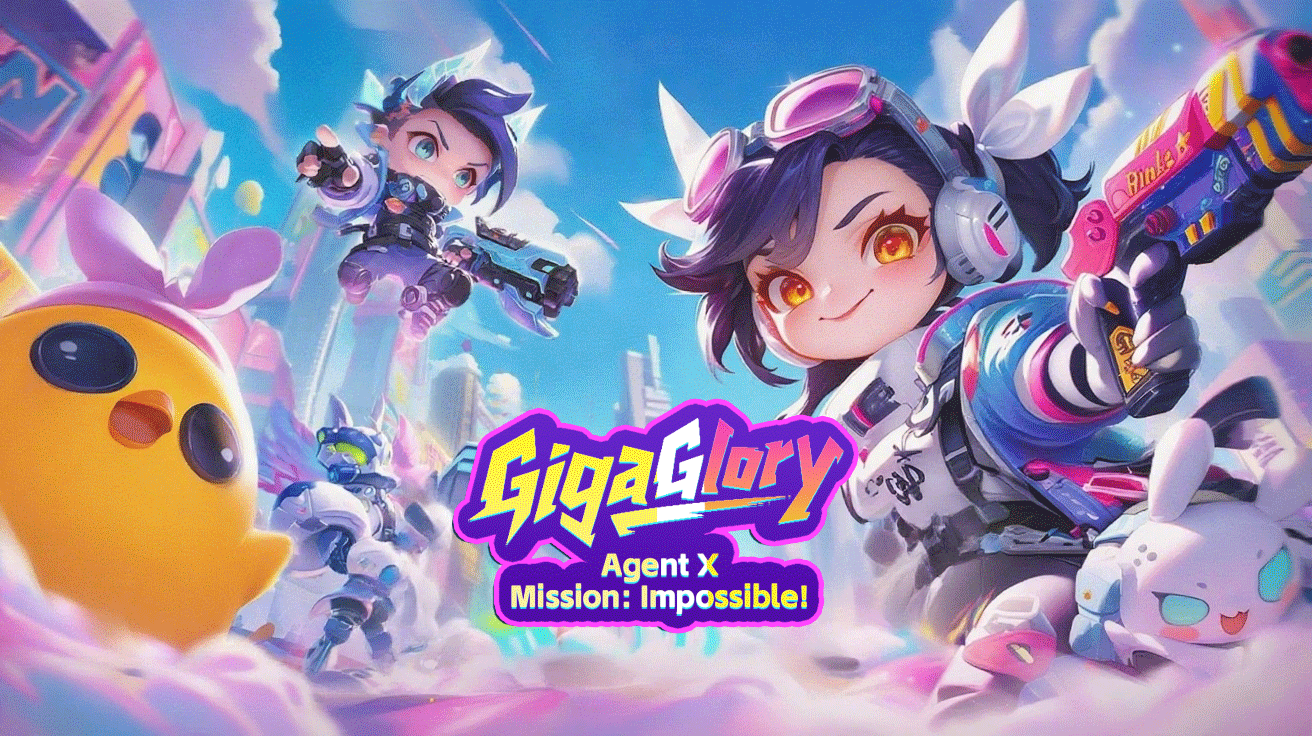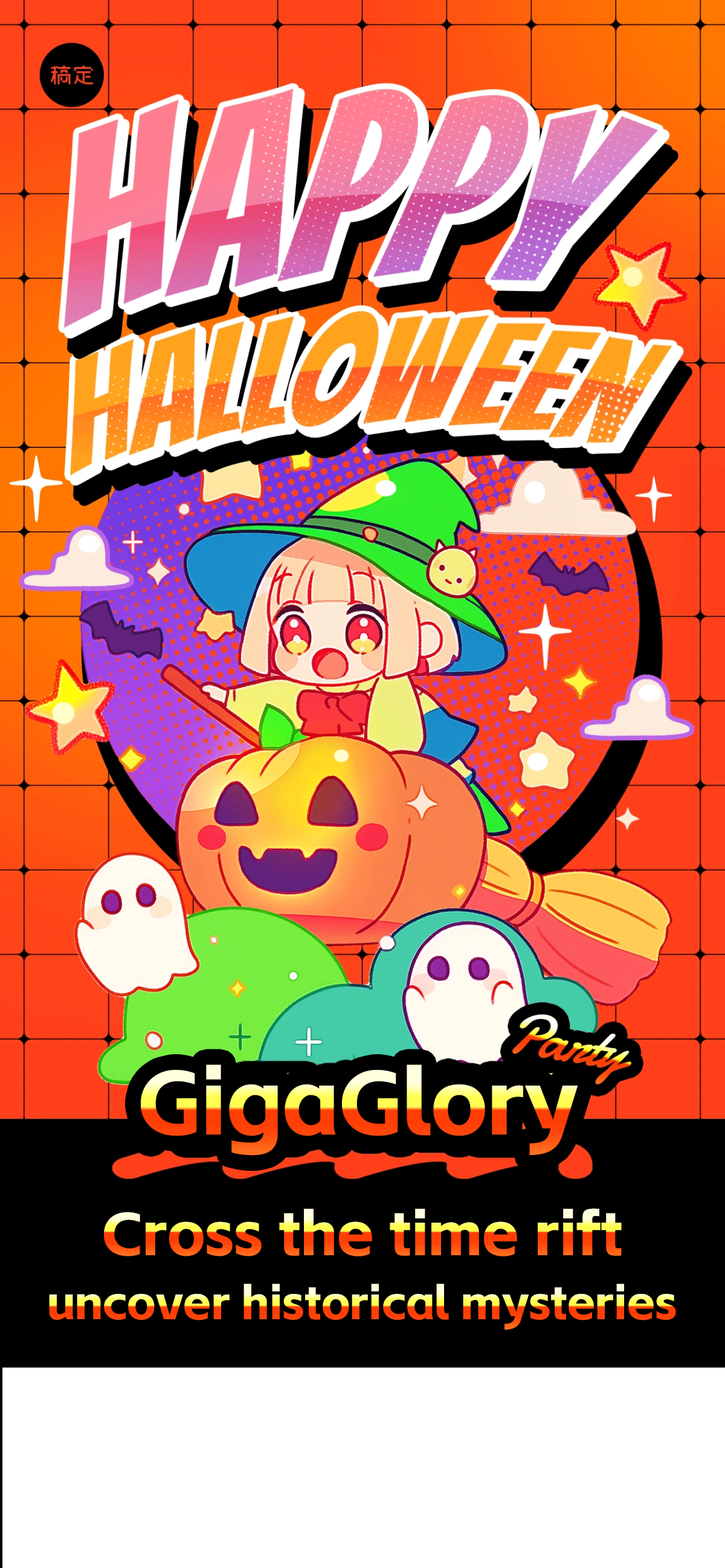Exploring MMORPGs and Their Unique Take on Farm Simulation Games
In the expansive landscape of video gaming, the genres of MMORPGs (Massively Multiplayer Online Role-Playing Games) and farm simulation games have carved out their niches. While these games may seem disparate at first glance, the intersection of their mechanics creates fascinating dynamics for players. This article delves into how MMORPGs reinterpret farm simulation games, presenting opportunities for creativity, cooperation, and even competition.
The Evolution of MMORPGs and Their Farm Mechanics
Historically, MMORPGs have been known for their epic quests, character progression, and rich storytelling. However, as player expectations have evolved, many titles have incorporated farm simulation elements. The emergence of these hybrid gaming experiences signals a shift in how players engage with virtual worlds.
- Enhanced player interactions
- Resource management gameplay
- Community-driven economies
Popular MMORPGs with Farm Simulation Features
Several MMORPGs stand out for their seamless integration of farming systems. Here’s a brief overview of some noteworthy titles:
| Game Title | Farming Elements | Unique Features |
|---|---|---|
| Black Desert Online | Gathering & Production | Beautifully crafted graphics and seamless world |
| Stardew Valley (Multiplayer Mode) | Cooperative Farming | Farming with friends, crafting systems |
| Final Fantasy XIV | Crafting and Gathering | Rich lore and community events |
| Albion Online | Player-driven Economy | Classless system and territory control |
The Appeal of Farming Within MMORPGs
Integrating farming mechanics into MMORPGs brings a unique appeal that resonates with players on multiple levels:
- Community Engagement: Many MMORPGs feature cooperative farming tasks that foster teamwork and community bonding.
- Customization: Players can personalize their farm, creating unique aesthetics and mechanics.
- Resource Management: Farming mechanics often require strategic planning for optimal resource allocation and growth.
How Farm Simulation Games Influence MMORPG Design
The influence of traditional farm simulation games on MMORPGs can be observed in various aspects:
- Gameplay Depth: Introducing farming mechanics adds layers of complexity to gameplay.
- Endgame Content: Provides non-combat-related activities for players to enjoy post-leveling.
- In-Game Economy: Farming systems can create robust player-driven market economies.
The Role of Community in Farming Mechanics
Community is at the heart of many MMORPGs. Farming mechanics promote social interactions, leading to community-driven economies where players trade goods. These dynamics can often lead to:
- **Collaborative farming activities** that require multiple players to succeed. - **In-game events** built around farming seasons or harvests. - The establishment of **guilds focused on agricultural pursuits.**Challenges Faced by Developers
While incorporating farm simulation mechanics into MMORPGs offers myriad opportunities, developers face several challenges:
- Balancing Gameplay: Ensuring that farming doesn’t overshadow core MMORPG mechanics like combat and questing.
- Maintenance of Economy: Preventing inflation and ensuring resource scarcity to make farming viable.
- Player Retention: Keeping players engaged without making farming feel like a chore.
Looking Ahead: The Future of MMORPG Farming
As technology advances and player preferences change, we can anticipate more innovative farming mechanics in MMORPGs. Some emerging trends include:
- **Integration of AI technologies** for dynamic farming systems. - The inclusion of **sustainability themes**, where players learn about and participate in environmental management. - **Virtual reality (VR) experiences** that take farming and simulation to the next level.Conclusion
In conclusion, the blend of MMORPGs and farm simulation elements has created a new frontier in gaming, enriching player experiences through creativity and collaboration. As games continue to evolve, it’s fascinating to observe how farming features not only serve as a mechanism for fun but also as a way to build communities. Whether through resource management or social interaction, these elements will likely remain a staple in the landscape of MMORPGs, inviting players to cultivate their own digital destinies.



